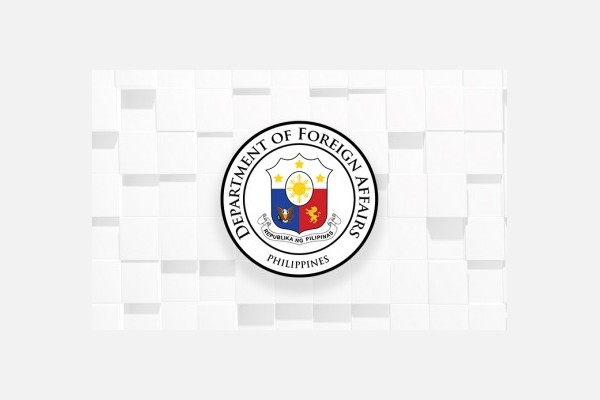Repository of Practices

Philippines-Bahrain Partnership on the Issuance of Flexible Visas
Secondary GCM Objectives
Dates
Type of practice
Geographic scope
Country:
Regions:
Sub Regions:
Summary
The Department of Foreign Affairs (DFA) embarked on partnerships to ensure pathways for regularization of migrant workers in response to the unintended consequences brought by the Kafala system, a traditional sponsorship system in the Middle East. Addressing Kafala garnered the support of no less than Philippine President Rodrigo Roa Duterte, whose pronouncements in his final State of the Nation Address called to address this. President Duterte also mentioned Kafala in the UN General Assembly. What once was not mentioned by States in the UN made it to the UN High Level Debate. Among these efforts is the partnership of the Philippines with Bahrain in the issuance of a “flexible visa,” a work and residency permit valid for two years and renewable indefinitely. This visa was first made available to low-skilled, skilled, and professional migrants, and was later expanded to household service workers. This serves as one pathway to regularize the status of Filipino migrants to prevent being caught in unscrupulous practices that often lead to trafficking.
Organizations
Main Implementing Organization(s)
Detailed Information
Partner/Donor Organizations
Benefit and Impact
Key Lessons
Recommendations(if the practice is to be replicated)
Given that the “flexible visas” benefit many Filipino migrant workers, the Philippine government’s financial assistance provided to these workers also helped in putting momentum at the early stages of its implementation. Such investment can propel support and goodwill between the two States, and can encourage other States to do the same.
Innovation
Additional Resources
Date submitted:
Disclaimer: The content of this practice reflects the views of the implementers and does not necessarily reflect the views of the United Nations, the United Nations Network on Migration, and its members.
More Related Practices:
Peer Reviewer Feedback:
*References to Kosovo shall be understood to be in the context of United Nations Security Council resolution 1244 (1999).
Newsletter
Subscribe to our newsletter.